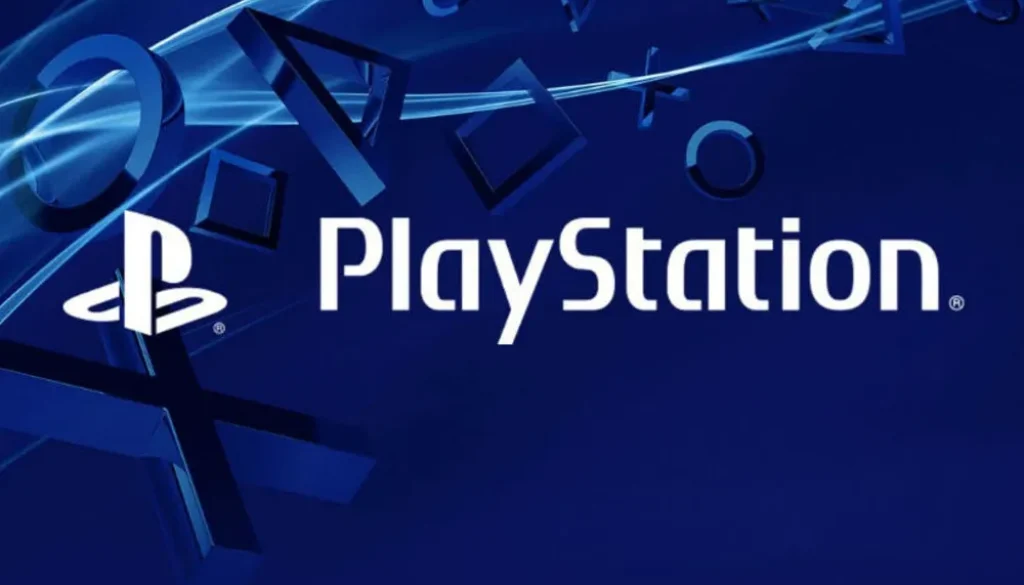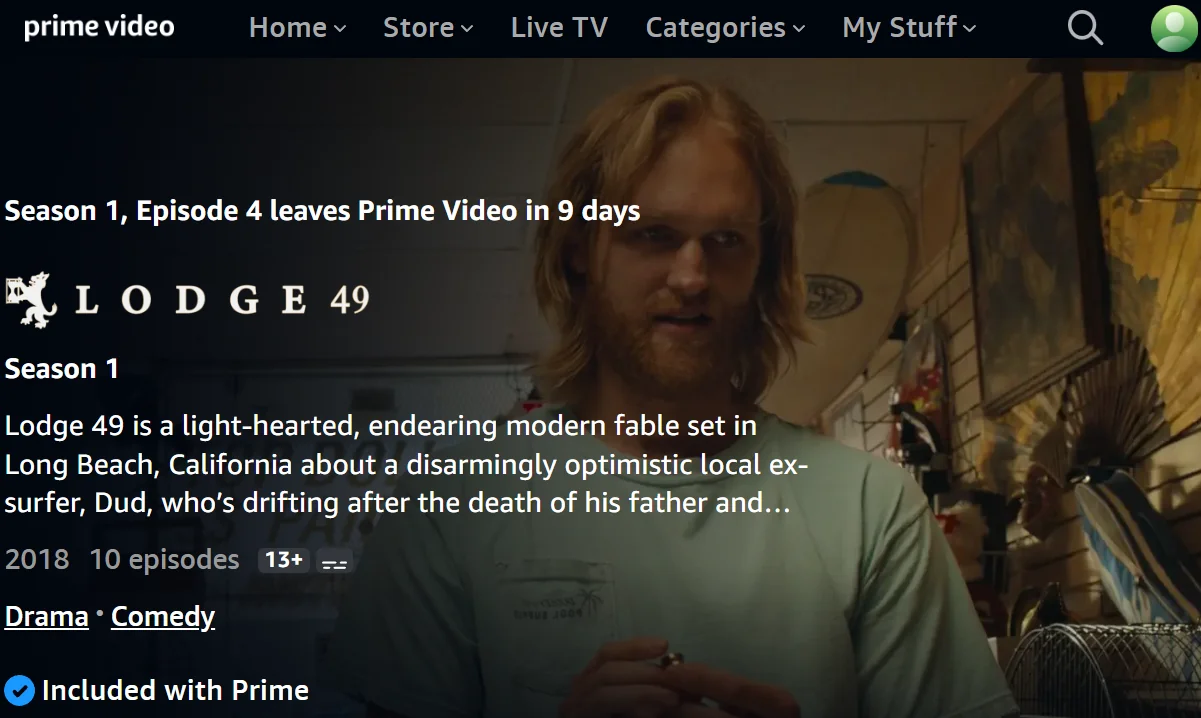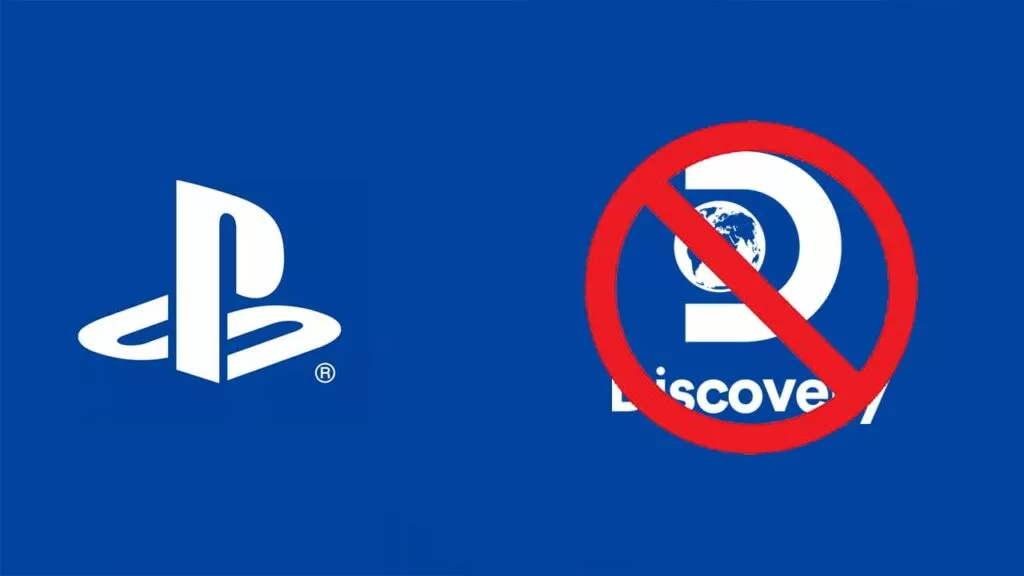Do You Really Own Your Digital Content? Spoiler: Nope.
Hey there, tech-savvy amigos! It’s your friendly neighborhood Reaper, slicing through the digital delusions you’ve been fed. You think you own that digital movie, game, or e-book you “bought”? Hate to break it to you, but you’re just renting with extra steps.
The Illusion of Ownership: You’re a Customer, Not an Owner
Remember that time you “purchased” the latest blockbuster on your favorite streaming platform? You probably thought, “Sweet, now I can watch this anytime!” But here’s the kicker: you’re not buying the movie; you’re buying a license to access it. And that license can be revoked faster than you can say “Chimichanga.”
Case Study: Amazon and Apple In 2019, Amazon Prime Video users noticed that movies they had “purchased” suddenly disappeared from their libraries. Amazon’s response? “You didn’t buy the movie; you bought a license to view it.” Apple has also removed movies from users’ iTunes libraries due to lost licensing agreements.
Statistic Alert! According to a 2023 report by the Electronic Frontier Foundation (EFF), over 32% of digital media purchases are at risk of removal due to licensing changes within five years of purchase. That means that one in three “purchases” could become ghost files.
License to Thrill… Until It’s Gone
Digital content often comes with terms of service that are longer than a mutant’s rap sheet. Buried in that fine print is the fact that your access can be yanked away if the platform loses licensing rights or decides to pull the plug. So, that epic game or must-read e-book? Poof! Gone.
The Tragic Tale of PlayStation’s Vanishing Library
In 2022, Sony announced that PlayStation users would lose access to hundreds of Discovery Channel shows they had purchased through the PlayStation Store. No refunds. No compensation. Just a digital “Sorry, not sorry.”
Music Streaming and the Case of the Disappearing Albums
Spotify, Apple Music, and Tidal remove thousands of songs every year due to licensing disputes. In fact, Spotify removed over 70 million songs in 2021 alone due to copyright issues.
California Knows How to Party (and Legislate)
In a plot twist worthy of a superhero flick, California passed a law (AB 2426) requiring digital stores to fess up about the whole “you’re just licensing this” deal. Starting January 1, 2026, platforms must clearly state that you’re getting a license, not ownership(Cus well I don’t have expectations for this year). No more sneaky “buy” buttons without disclaimers. Transparency FTW!
But will this actually change anything? Maybe. But Big Tech has lawyers, and they know how to dance around regulations. Expect new, even more confusing fine print.
The Physical Media Advantage
Unlike digital purchases, physical media like DVDs, Blu-rays, and CDs grant you actual ownership. Once you buy them, they’re yours to keep, lend, or resell without the risk of losing access due to licensing changes or platform decisions.
The Vinyl Resurgence: Proof That Physical Still Rules
Despite the convenience of streaming, vinyl records outsold CDs in the U.S. for the first time since 1987, with 41 million units sold in 2022 (Recording Industry Association of America). Why? Because people want to own their music again.
Gaming and the Digital Dilemma
The gaming industry is seeing a similar trend. According to a 2023 Statista report, 71% of gamers prefer physical copies for expensive titles, fearing digital revocation.
The Takeaway: What Can You Do?
Next time you’re about to click that tempting “Buy” button, remember: you’re entering a rental agreement with a fancy name. If you truly want to own your media, consider going old-school with physical copies. Otherwise, be prepared for the possibility that your digital treasures might vanish into the ether.
Pro Tips to Keep Your Content Safe:
Buy physical copies whenever possible. They can’t be deleted by a corporation.
Use DRM-free platforms like GOG for games, Bandcamp for music, and Humble Bundle for e-books.
Backup everything. External hard drives and NAS (Network Attached Storage) systems are your friends.
Read the fine print. Yeah, it sucks, but knowing your rights (or lack thereof) is key.
Stay savvy, my friends. And always read the fine print—it’s more thrilling than a fourth-wall break.
Discover more from Ge-erdy Verse
Subscribe to get the latest posts sent to your email.







The Evolution of Copyright Laws in the Digital Era - Ge-erdy verse
March 17, 2025 @ 6:09 pm
[…] yes, copyright laws—the invisible walls that are supposed to protect artists from the internet’s chaotic […]